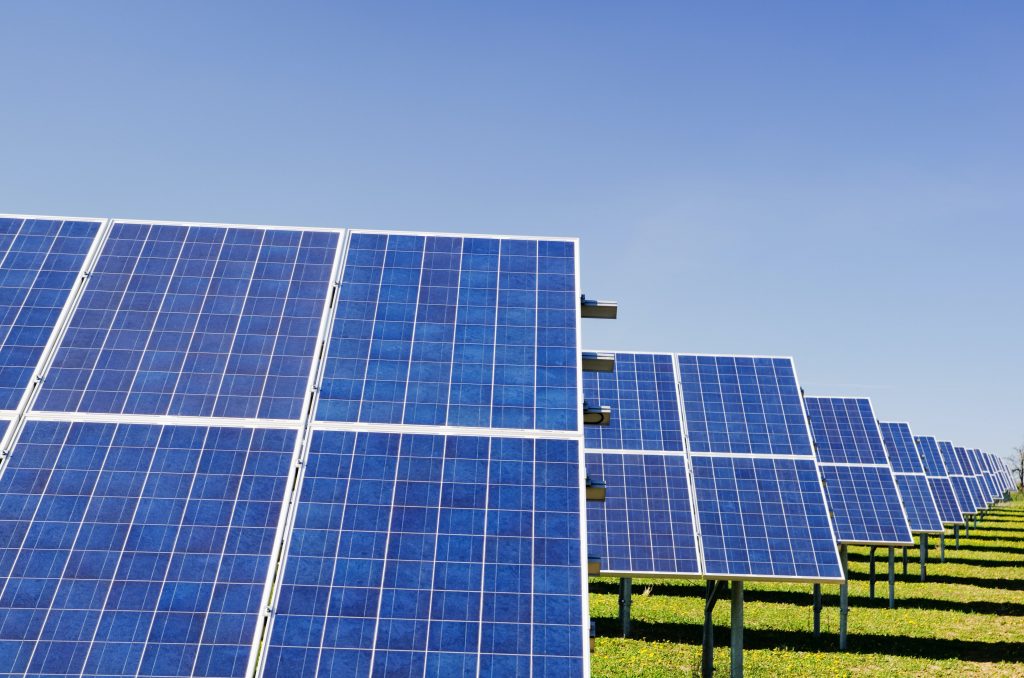Renewable energy cooperation can play an important role in the energy transition in the European Union through international trade, safeguarding security of energy supply, coordinated climate adaptation measures, and optimizing the cost-effectiveness of actions. Concentrating Solar Power (CSP) could play a useful role, e.g. contributing to achieve climate goals in certain countries, or supporting the energy system with dispatchable electricity, they also believe that this role could be filled by realizing other options.
Both the innovation system of CSP as well as its social acceptance have been heavily under-researched. Discussions around the future deployment of CSP point to the relevance of cross-country cooperation, where CSP might be installed to generate electricity in Southern Europe in order to fulfill needs for carbon free electricity in Central or Northern Europe. This notion is therefore taken as a starting point for the research into social acceptance.
In this context, renewable energy cooperation could play an important role in the energy transition in the EU, taking advantage of trade within the internal market, safeguarding security of energy supply, coordinating climate adaptation measures and optimizing the cost-effectiveness of actions. It is for these reasons that the EU wants to promote the use of cooperation mechanisms (such as joint projects) between member states where the resources are most abundant, where the overall system costs would be minimized or where overall social benefits would be maximized. However, despite the expected benefits of these mechanisms, several barriers and, possibly, lack of active support by decision makers and stakeholders have prevented a wide use of the cooperation mechanisms among member states.
The main finding across countries and stakeholders is that despite the perception of strong benefits from joint projects for CSP by the stakeholders, an impetus from society or important actors in the innovation system is missing to drive the development of these projects. Limited interest and a lack of recent discussions is perceived for many groups, such as policy makers, societal actors, and to some extent the relevant industry itself. From an energy system point of view, many think that CSP could play a useful role, e.g. contributing to achieve climate goals in certain countries, or supporting the energy system with dispatchable electricity. However, they also believe that this role could be filled by realizing other options, such as PV and storage. A crucial issue regarding the innovation system of CSP is the issue of necessary infrastructure. Spain is currently only weakly connected to Central Europe and this is changing slowly at best.
From an acceptance point of view, market acceptance for CSP seems feasible and positive on the supply side - the industry is there and should be eager to contribute. The demand side is less clear as electricity is usually not bought specifically from a certain generation unit but via the electricity market, which is additionally subject to extensive regulation and specific market mechanisms as well as bound by infrastructure. Depending on the narrative that might become prominent, the current more neutral view could change in either direction.
The data clearly show that support was significantly higher in the potential host countries (Spain and Romania) as compared to respondents in the potential off-taker countries (Germany and Netherlands). In Spain and Romania, relative to Germany and Netherlands, a tendency to perceive the joint projects as more personally relevant can be observed, as well as to express higher levels of interest and optimism about the projects, to perceive the national consequences of these projects as more beneficial and to report higher levels of acceptance and support for public investments in these projects. In Germany, and especially in Netherlands, stakeholders tended to be more neutral in their evaluations of the proposed project.
Therefore, proximal attitudinal variables such as perception of the benefits and costs of the projects and affect play an important role in support for joint projects. In addition, that more distal attitudinal variables such as place attachment (belonging to the European Union), environmental self-identity or preference for a closer cooperation in energy production in the EU play a significant role in public support for joint projects. Socio-demographics also played a role in support for joint projects.
Read more on the stakeholder mapping report here.
Read more on the report on socio-political acceptance of CSP cooperation projects here.
Read more on the report on public acceptance of joint projects in renewable energies here.
This article is an output of the EU-funded MUSTEC project.

MUSTEC
The MUSTEC consortium consists of nine renowned institutions from six European countries and includes many of the most prolific researchers in the European energy policy community, with very long track records of research in European and nationally funded energy policy research projects.
MUSTEC main results are the following:- identifying the barriers holding CSP back and limiting its expansion in Europe, in the context of the energy and climate targets of 2030 and beyond,
- finding the drivers for CSP and the potential niches in which intra-European CSP trade can play an important role for the decarbonisation, stabilisation and integration of the European power system, and
- proposing concrete policy solutions to overcome the identified obstacles and create the necessary enabling conditions for European CSP growth
- Project title: Market Uptake of Solar Thermal Electricity through Cooperation (MUSTEC)
- Funding scheme: European Union Horizon 2020 Programme (EU H2020, grant agreement no. 764626)
- Duration: 3 years (1 October 2017 – 30 September 2020)
- Project coordinator: Centro de Investigaciones Energéticas, Medioambientales y Tecnológicas – CIEMAT, Spain
- Project website: http://www.mustec.eu



